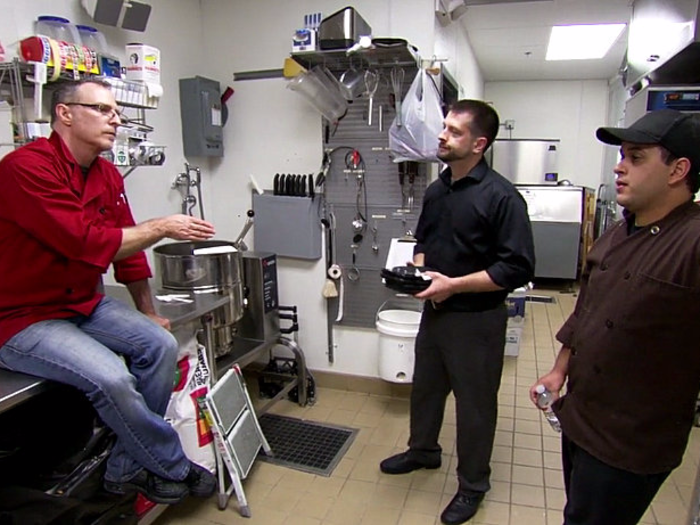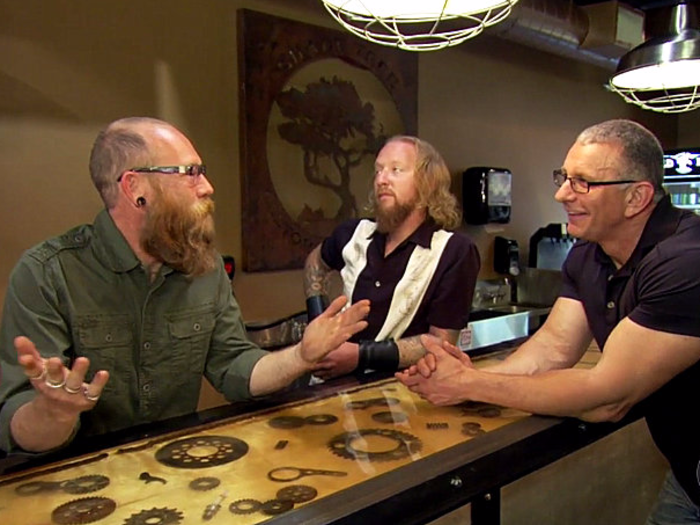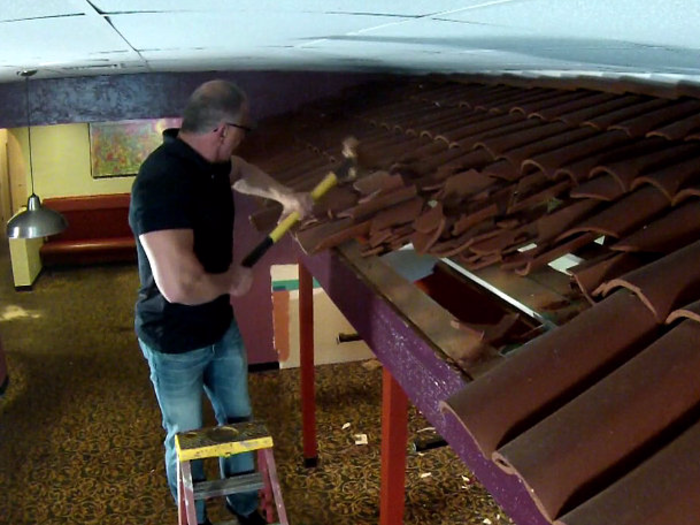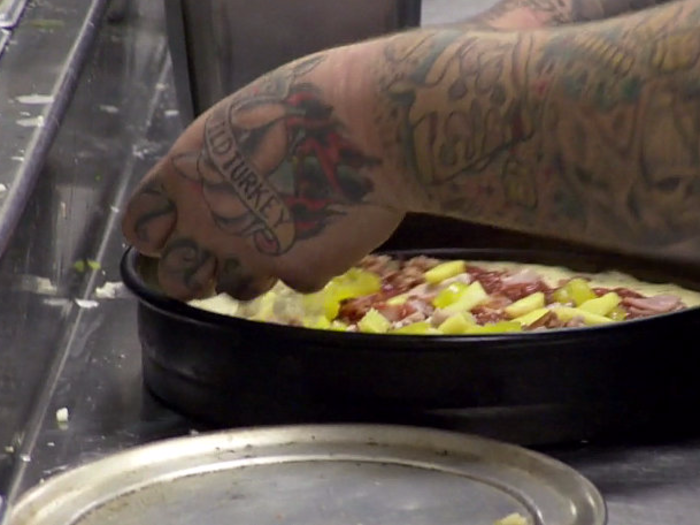- Home
- Retail
- Restaurants
- Celebrity chef Robert Irvine says these are the top 7 factors that determine whether a restaurant succeeds or fails
Celebrity chef Robert Irvine says these are the top 7 factors that determine whether a restaurant succeeds or fails
Attention to detail

Financial competency

Great food and service mean nothing if owners aren't properly managing money, and ensuring that their chef is ordering a sustainable amount of food.
Irvine said that it's unfortunately a common occurrence for him to ask owners of a "Restaurant: Impossible" location about their food and labor costs and how their revenue and profits stack up only to receive a dumbfounded look.
Another common mistake is that there's no system to ensure that numbers are kept up to date.
"One particular owner was so proud of himself for being able to report a 33% food cost until I dug a little deeper to see that his costs were based on old figures and that the cost of ingredients had risen significantly since he last did his calculations," Irvine said.
The owner's relationship with the staff

Nine times out of 10, restaurants are in better hands if the owners worked their way up through the restaurant industry hierarchy, Irvine said. It's typically easier for an industry insider to earn the respect of everyone from the line cooks to bartender.
Insiders also know how to better help the staff. "The more experience you have and the more jobs you've done in restaurants, the more you tend to understand the nuances of failure and where the systems can actually fail," Irvine said.
To succeed as an outsider, he added, it's necessary to set aside one's ego and learn how every function of the restaurant works.
The owner's vision and passion

The first time Irvine meets with the owner whose business he will spend the next two days overhauling, he looks for passion: How far is this person willing to go to save their restaurant?
"Do they believe that they can do it and dig themselves out?" Irvine said. Successful restaurant owners do whatever it takes for their restaurant, not their egos, and don't let pride keep them from doing something like scrubbing down toilets when short-staffed, or nixing some of their favorite menu items when they're not selling.
Customer service

Terrible food spells doom for any restaurant, but, "the server can save a mediocre meal," Irvine said.
Everything from how customers are greeted at the door to how they are handed their check will shape their first impression, "and it is a well-known fact of business that customer retention is much more cost-effective than customer acquisition," he explained.
The age of smartphones means bad customer service is more destructive than ever before. "As the digital era continues to grow and expand, review sites will, more and more, become the gatekeepers to customer acquisition," Irvine said.
Adaptability

"A restaurant changes its look every two to three years in some way, shape, or form," Irvine said, and "if you're not willing to change based on what's happening around you, you'll never be successful."
Restaurateurs face the challenge of achieving a level of quality and then maintaining it, despite tweaking menu items and decor as trends come and go.
This challenge is exacerbated by the fact that there is a high turnover rate among servers and cooks. Successful restaurants are able to withstand the departure of an exceptional waiter or cook by having reliable training systems in place that leave little room for personal interpretations of the job.
Differentiation

And then finally, a successful restaurant must be able to distinguish itself from its competition, or else everything else it has going for it won't matter, because no customers will bother stopping by.
There's a tremendous amount of Italian restaurants in Philadelphia, for example, Irvine said, but many of them have been there for years.
Whether it's the style of cuisine, the presentation of food, the location's ambiance, or some other aspect of the experience, the restaurant must be unique if it's going to make it past five years.
"No matter where it is, it's got to stand out," Irvine said.
Popular Right Now
Popular Keywords
Advertisement